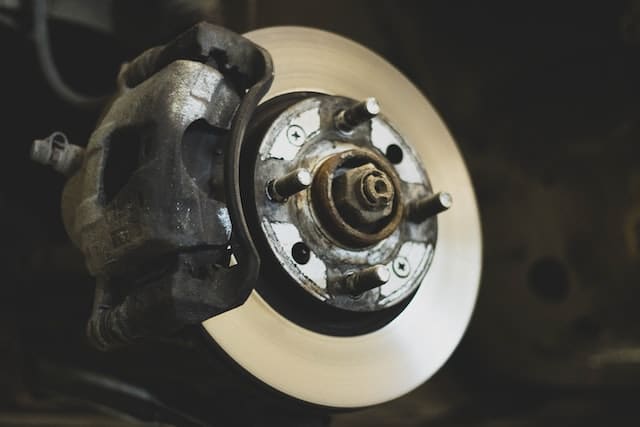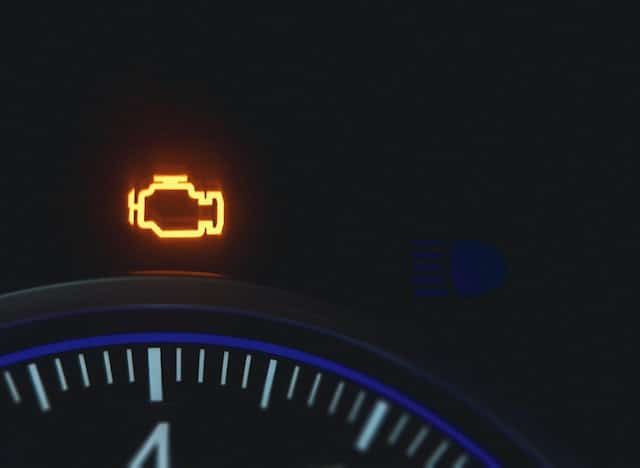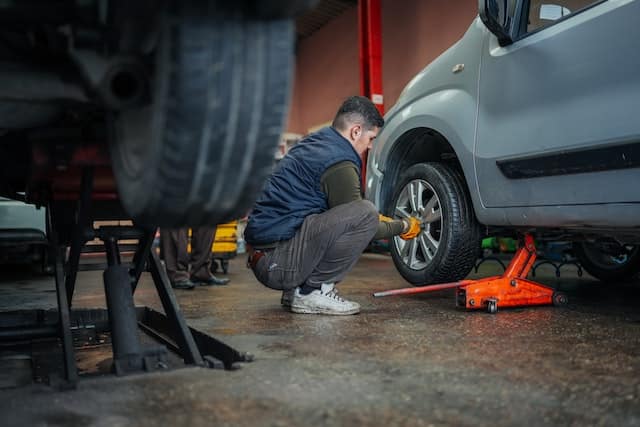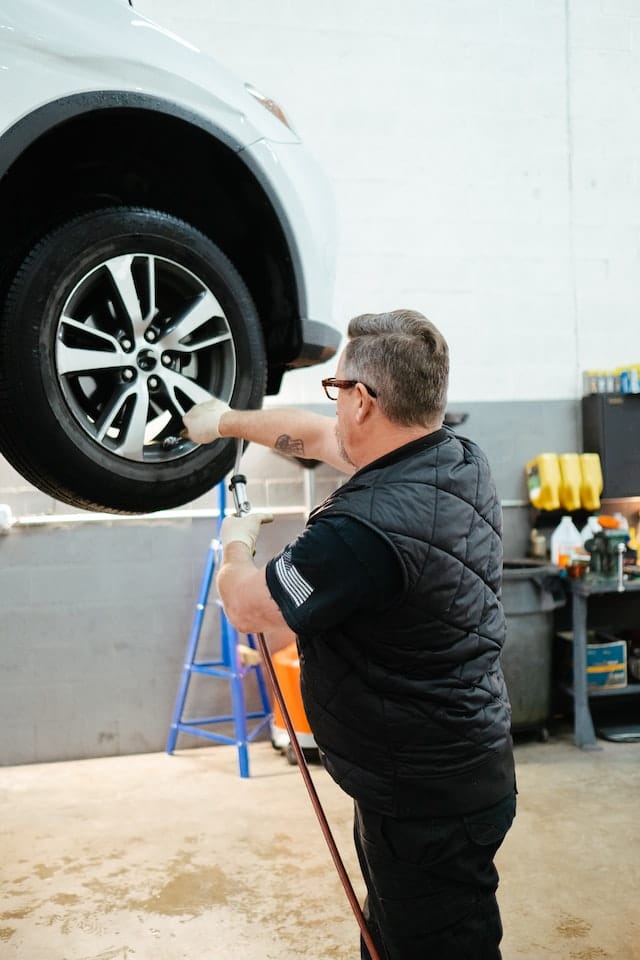
A grinding noise when driving can be alarming and unsettling for drivers, as they often signal a problem with the vehicle. This article will explore the potential causes of these noises and provide guidance on how to address them.
Ignoring grinding noises can lead to further damage, costly repairs, or even unsafe driving conditions. By addressing these noises promptly, drivers can maintain the safety and performance of their vehicles and prevent potential accidents or breakdowns.
Causes of Grinding Noises When Driving

Grinding noises can come from various parts of a vehicle, including the brake system, drivetrain, transmission, and wheels or tires. Identifying the source of the noise is crucial in determining the appropriate course of action for resolving the issue.
Brake system issues
Worn brake pads or shoes
Over time, brake pads or shoes wear down, causing metal-to-metal contact, which produces grinding noises when braking.
Damaged or warped rotors or drums
Irregularities in the surface of rotors or drums can create grinding sounds as the brake pads make contact with them.
Stuck or seized calipers
If calipers fail to retract properly, they can cause excessive friction and grinding noises while driving.
Grinding Noise When Driving: Drivetrain and Transmission Problems
Worn or damaged CV joints or U-joints
These critical components transfer power from the transmission to the wheels, and when worn or damaged, they can cause grinding noises, particularly when turning or accelerating.
Transmission issues
Problems with the transmission, such as worn gears or low transmission fluid, can lead to grinding noises during gear changes or while driving.
Problems with the differential
Issues with the differential, including worn gears or low lubrication, can result in grinding noises as the gears struggle to transfer power smoothly.
Grinding Noise When Driving: Wheel and Tire-related Issues
Worn or damaged wheel bearings
Wheel bearings allow wheels to rotate smoothly, and when they wear out or become damaged, they can produce grinding noises while the vehicle is in motion.
Loose or damaged lug nuts or wheel hardware
Improperly tightened or damaged lug nuts or wheel hardware can cause the wheel to shift and create grinding noises while driving.
Issues with the tires
Damaged, misaligned, or unbalanced tires can create grinding noises, particularly at higher speeds or during turns.
Identifying the Source of the Grinding Noise

Observing the symptoms
When the noise occurs (acceleration, braking, turning)
Noting when the grinding noise is most prominent can help narrow down the possible causes, such as during acceleration (drivetrain or transmission), braking (brake system), or turning (CV joints or wheel bearings).
Location of the noise (front, rear, left, or right)
Identifying the area of the vehicle where the noise is coming from can also aid in diagnosing the issue.
Visual inspection
Checking the brake system
Inspect the brake pads, rotors or drums, and calipers for visible signs of wear, damage, or seizing.
Inspecting the wheels and tires
Examine the wheels for loose or damaged hardware and check the tires for damage, proper alignment, and balance.
Examining the drivetrain and transmission components
Look for signs of wear, damage, or leaks in the CV joints, U-joints, transmission, and differential.
Consulting a professional mechanic
If the source of the grinding noise remains unclear after observation and visual inspection, it’s best to consult a professional mechanic. They have the knowledge, experience, and tools to accurately diagnose and resolve the issue.
Solutions and Repairs

Addressing brake system issues
Replacing worn brake pads or shoes
Regularly checking and replacing worn brake pads or shoes can prevent grinding noises caused by metal-to-metal contact.
Repairing or replacing damaged rotors or drums
If rotors or drums are damaged or warped, they can cause grinding noises. Repairing or replacing them can resolve the issue.
Servicing or replacing stuck or seized calipers
Ensuring that calipers are functioning correctly and not seized can prevent grinding noises related to the brake system.
Fixing drivetrain and transmission problems
Repairing or replacing damaged CV joints or U-joints
Damaged CV joints or U-joints can cause grinding noises. Inspecting and repairing or replacing them can alleviate the issue.
Resolving transmission issues
Grinding noises can result from transmission problems. Having a professional mechanic diagnose and repair any issues is crucial to resolving the noise.
Servicing or repairing the differential
Regular maintenance and addressing any problems with the differential can prevent grinding noises related to this component.
Resolving wheel and tire-related issues
Replacing worn or damaged wheel bearings
Damaged wheel bearings can cause grinding noises. Replacing them can resolve the issue and improve driving safety.
Tightening or replacing loose or damaged wheel hardware
Loose or damaged wheel hardware can lead to grinding noises. Ensuring that all wheel hardware is secure and in good condition can prevent this issue.
Inspecting and addressing tire issues
Regularly inspecting your tires for damage, proper inflation, and even wear can help prevent grinding noises and other issues related to tires.
Preventative Maintenance and Tips

Regular vehicle inspections and maintenance
Schedule routine maintenance
Following your vehicle manufacturer’s recommended maintenance schedule can help prevent grinding noises and other issues.
Perform regular visual inspections
Routinely checking your vehicle for signs of wear, damage, or potential problems can help you address issues before they worsen.
Addressing grinding noises promptly
Don’t ignore the noise
Grinding noises can be an early warning sign of more significant problems. Addressing them promptly can help prevent further damage and costly repairs.
Consult a professional mechanic
If you’re unsure about the source of a grinding noise, seeking the expertise of a professional mechanic can help diagnose and resolve the issue.
Ensuring proper vehicle operation and performance
Pay attention to warning lights
Dashboard warning lights can provide valuable information about potential issues. Do not ignore them, and consult your vehicle’s manual or a mechanic for guidance.
Maintain proper tire pressure and alignment
Keeping your tires properly inflated and aligned can help prevent uneven wear, which can contribute to grinding noises.
Drive responsibly
Practicing safe and responsible driving habits can help reduce the stress on your vehicle and prolong its lifespan, ultimately reducing the likelihood of grinding noises and other problems.
